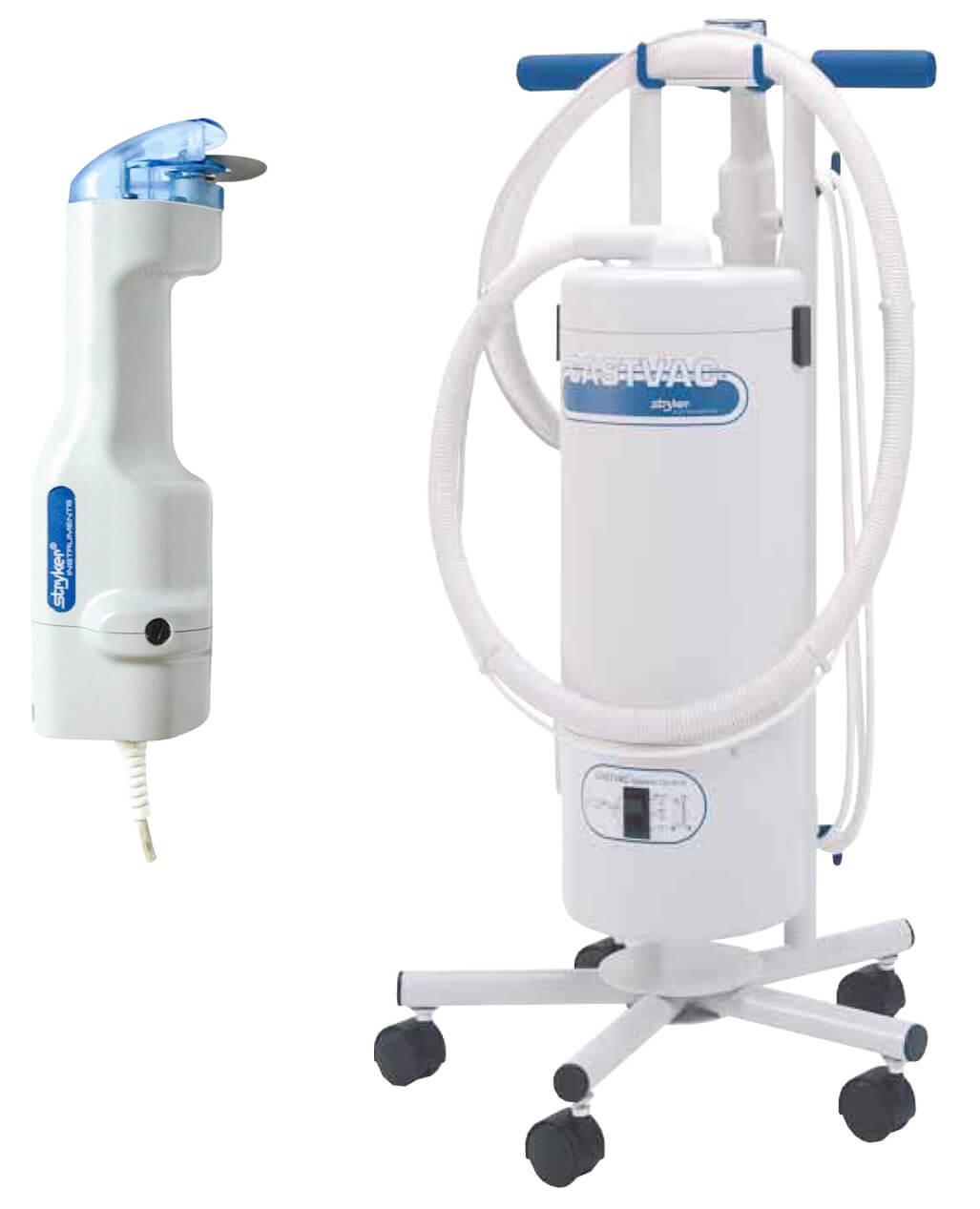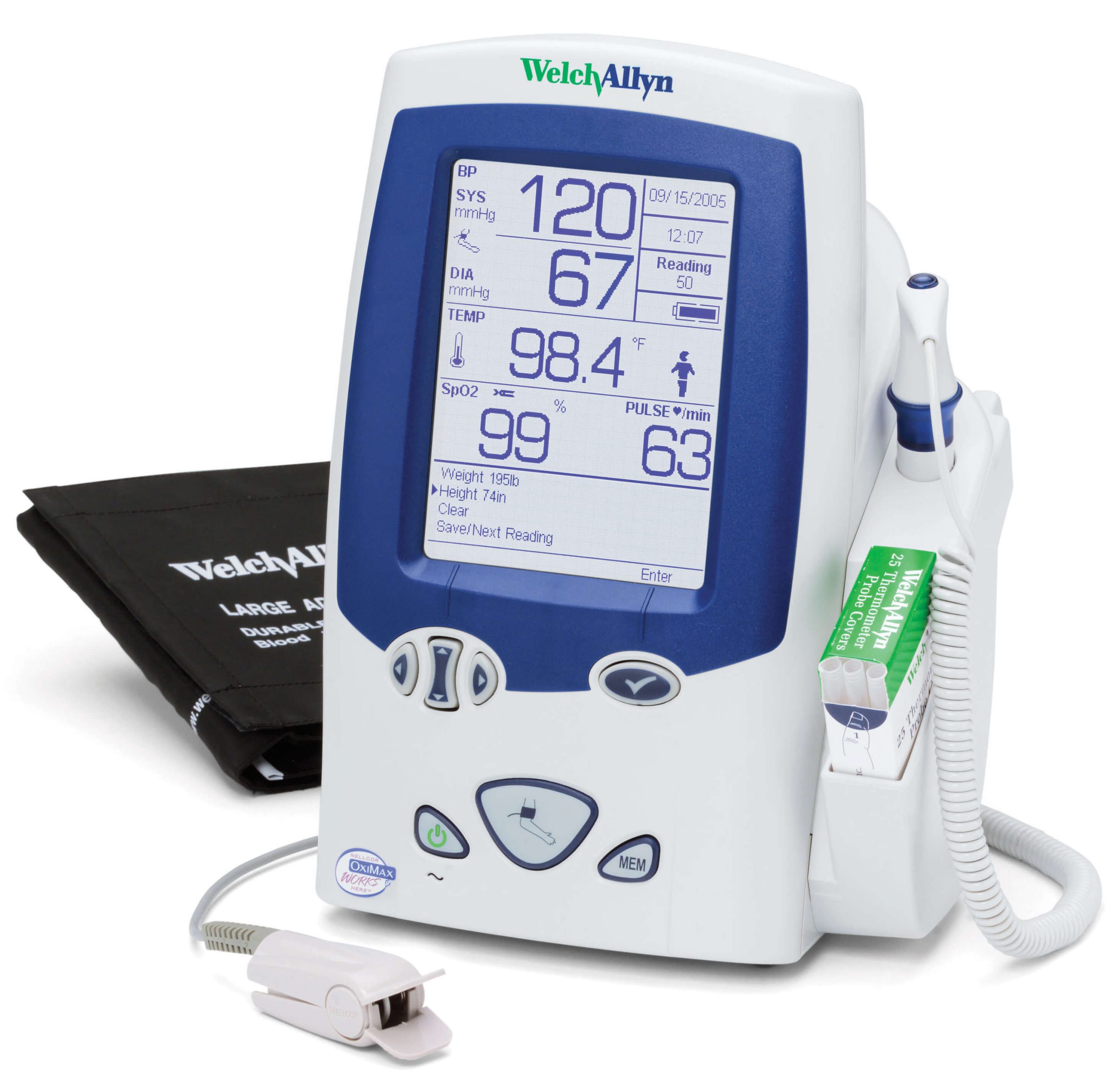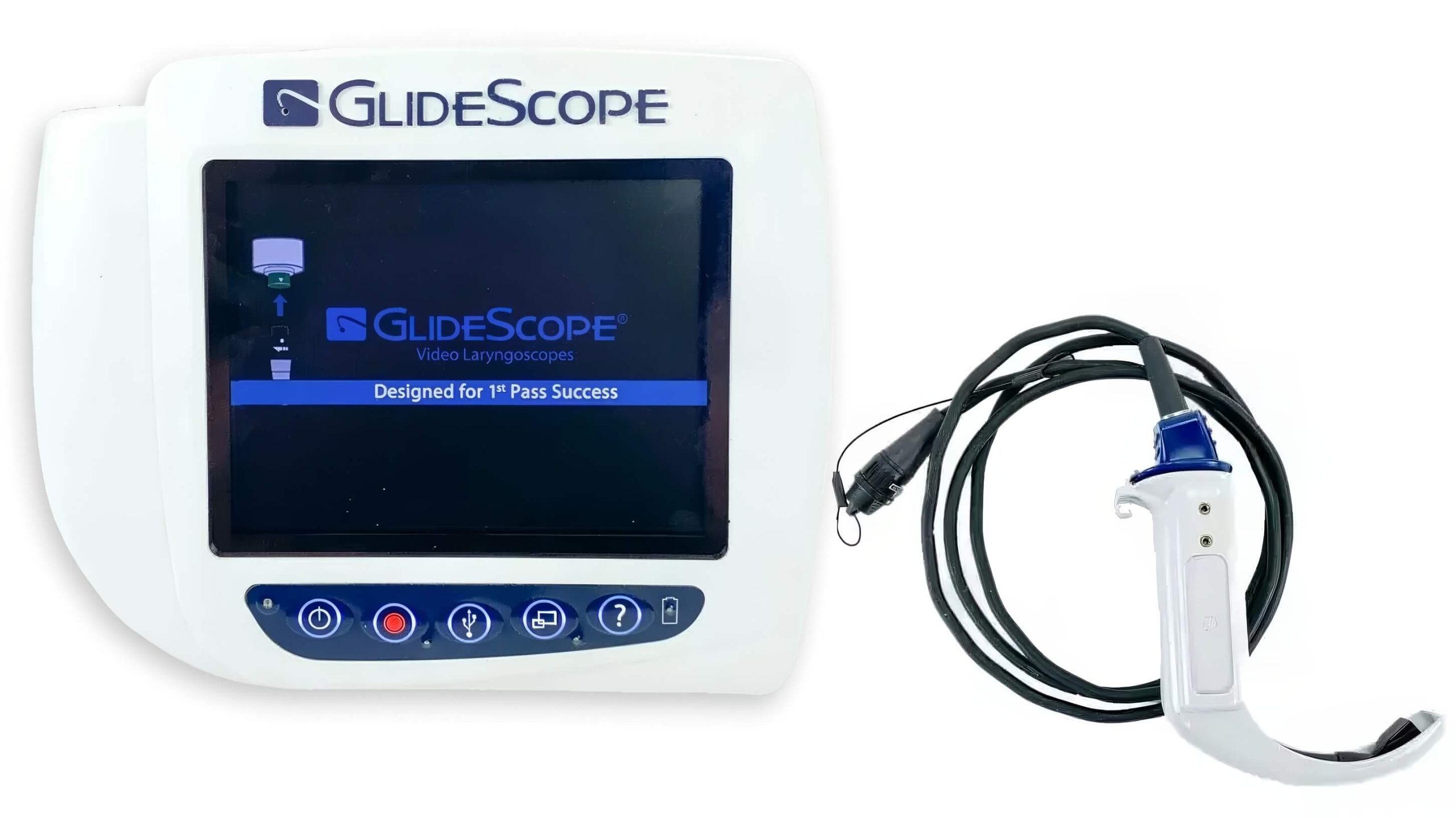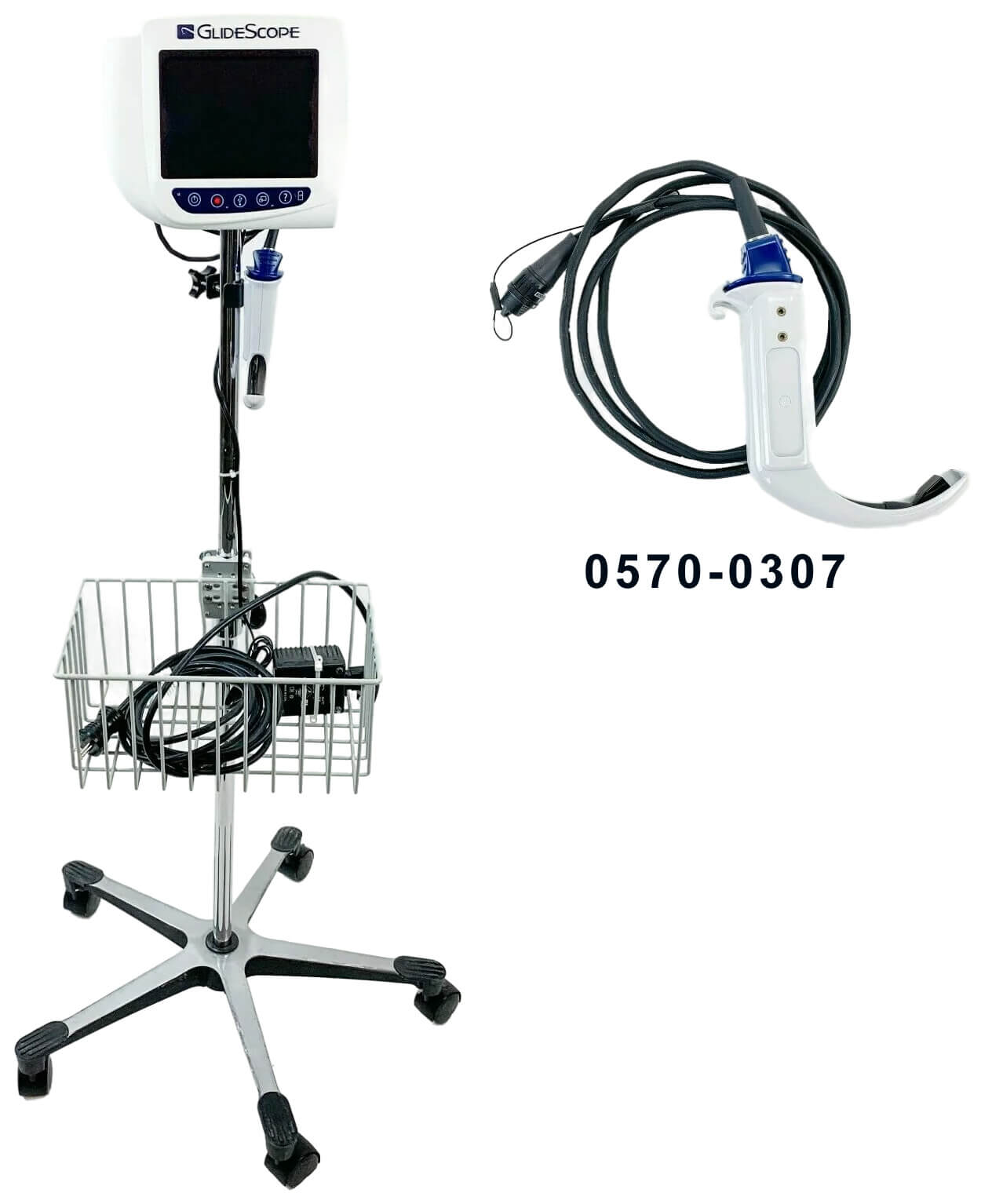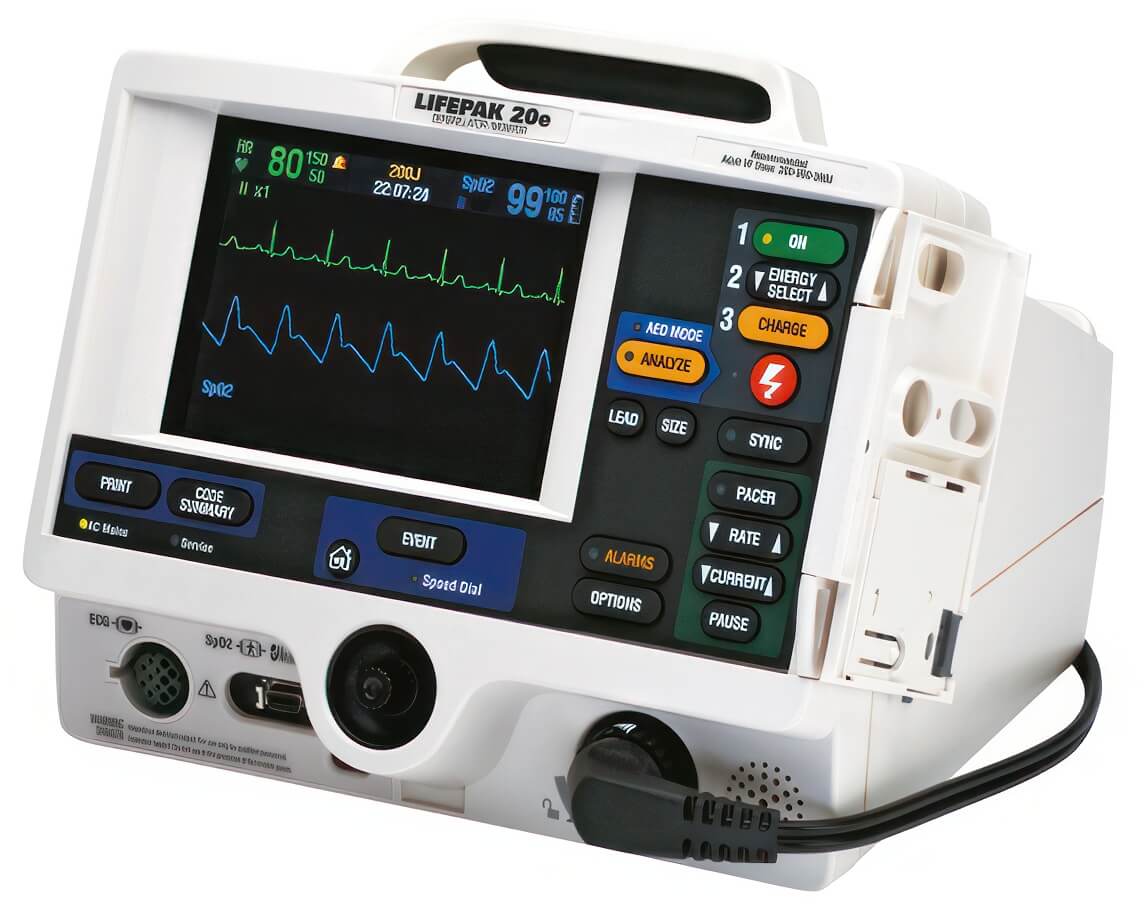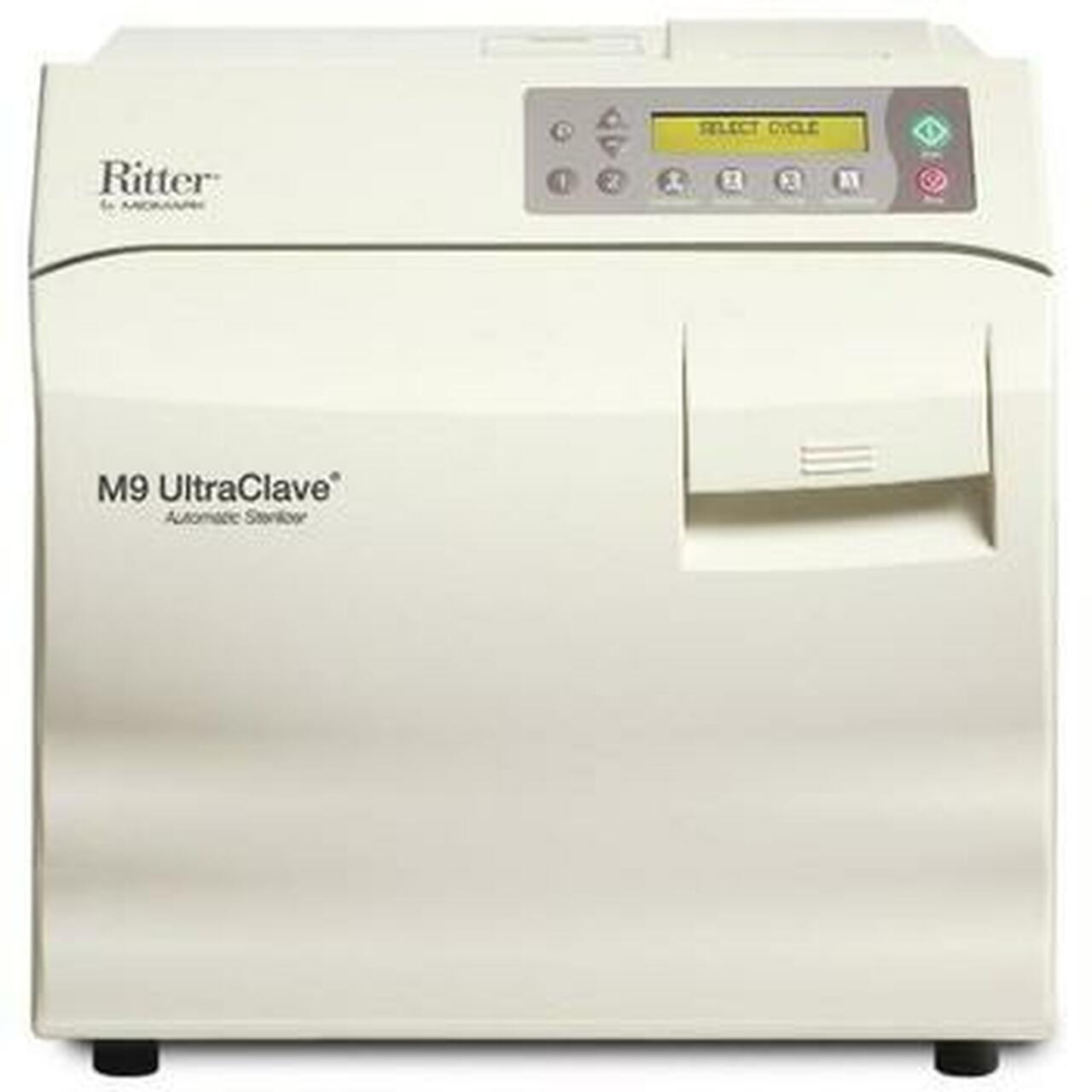Stryker 940 Cast Cutter and 986 Cast Cutter Vacuum Combo
At Auxo Medical, we understand the importance of reliable and efficient medical equipment in providing the best patient care. That’s why we are proud to offer the Stryker 940 Cast Cutter and 986 Cast Cutter Vacuum combo. This innovative combination of a cast cutter and vacuum system is designed to streamline the cast removal process, ensuring both precision and cleanliness. With the Stryker Cast Saw and Vacuum combo, healthcare professionals can trust in the quality and performance of their equipment, making it an essential tool in any medical setting.
 The Stryker Cast Saw and Vacuum: A Comprehensive Solution
The Stryker Cast Saw and Vacuum: A Comprehensive Solution
The Stryker 940 Cast Cutter and 986 Cast Cutter Vacuum combo is a trusted medical equipment that combines the power of a cast cutter with the efficiency of a vacuum system. This comprehensive solution offers numerous benefits for both healthcare professionals and patients alike.
Precision Cutting with the Stryker Cast Saw
The Stryker 940 Cast Cutter is a powerful tool that provides precision cutting for the removal of casts. Its dual-speed cutting feature allows healthcare professionals to adjust the cutting speed according to the specific needs of each cast removal. This versatility ensures that the cast is removed efficiently and safely, minimizing the risk of injury to the patient.
The compact design of the Stryker Cast Saw enhances maneuverability, allowing healthcare professionals to navigate around the cast with ease. This ergonomic design reduces fatigue and improves overall efficiency during the cast removal process. Additionally, the cast saw comes with three blades that are compatible with various types of casts, ensuring a seamless and effective removal.
Cleanliness and Efficiency with the Cast Cutter Vacuum
The Stryker 986 Cast Cutter Vacuum is an essential companion to the cast cutter, providing a clean and efficient solution for cast removal. The vacuum system is designed to capture and contain cast debris, preventing it from spreading in the environment. This not only maintains a clean and hygienic surgical setting but also reduces the risk of contamination and infection.
The Stryker Cast Cutter Vacuum is equipped with a quick and easy filter replacement feature, ensuring that the vacuum operates at its optimal performance at all times. This feature also facilitates the maintenance and upkeep of the device, reducing downtime and enhancing workflow efficiency. The wheeled stand of the vacuum system allows for easy mobility within the healthcare facility, ensuring that it is readily available when needed.
Trust in Auxo Medical for Trusted Medical Equipment
Auxo Medical is a trusted provider of high-quality medical equipment, and the Stryker 940 Cast Cutter and 986 Cast Cutter Vacuum combo is no exception. We understand the importance of reliable and efficient tools in healthcare settings, and we are committed to delivering products that meet the highest standards of performance and safety.
When you choose Auxo Medical, you can trust that you are receiving a product that has been thoroughly tested and proven to deliver exceptional results. Our team of experts is dedicated to providing comprehensive support and customer service, ensuring that your experience with our products is seamless and hassle-free.
Why Choose the Stryker Cast Saw and Vacuum Combo?
- Efficiency: The Stryker Cast Saw and Vacuum combo streamlines the cast removal process, saving valuable time for healthcare professionals. Its advanced cutting technology and vacuum system work together seamlessly, allowing for a more efficient workflow.
- Precision: The precision cutting of the Stryker Cast Saw ensures that casts are removed with accuracy and minimal discomfort for patients. The dual-speed cutting feature allows for customized cutting speeds, ensuring optimal results for each cast removal.
- Cleanliness: The Cast Cutter Vacuum captures and contains cast debris, maintaining a clean and hygienic surgical environment. This feature not only enhances patient safety but also reduces the risk of contamination and infection.
- Reliability: With Auxo Medical as your trusted provider, you can have confidence in the quality and performance of the Stryker Cast Saw and Vacuum combo. We prioritize delivering reliable and durable medical equipment that meets the highest industry standards.
- Comprehensive Support: Auxo Medical offers comprehensive support and customer service to ensure that your experience with the Stryker Cast Saw and Vacuum combo is exceptional. Our team of experts is available to assist with any inquiries or technical issues, providing you with peace of mind.
Stryker 940 Cast Cutter and 986 Cast Cutter Vacuum Combo
When it comes to cast removal, precision and cleanliness are of utmost importance. The Stryker 940 Cast Cutter and 986 Cast Cutter Vacuum combo offers a comprehensive solution that enhances both efficiency and safety in surgical procedures. Choose the Stryker Cast Saw and Vacuum combo for reliable and efficient cast removal and experience the difference it can make in your surgical procedures and provide the best care for your patients.
FAQ
1. How does the Stryker Cast Saw and Vacuum combo enhance surgical procedures?
The Stryker Cast Saw and Vacuum combo enhances surgical procedures by providing precision cutting for cast removal and a vacuum system to capture and contain cast debris. This streamlines the cast removal process, saving time and ensuring cleanliness in the surgical environment.
2. What are the benefits of using the Stryker Cast Saw and Vacuum combo?
The benefits of using the Stryker Cast Saw and Vacuum combo include efficiency, precision, cleanliness, reliability, and comprehensive support. The combo allows for a more efficient workflow, precise cast removal, maintains a clean surgical environment, is a trusted and reliable product, and comes with comprehensive support from Auxo Medical.
3. How does the Cast Cutter Vacuum contribute to cleanliness in surgical procedures?
The Cast Cutter Vacuum captures and contains cast debris, preventing it from spreading in the surgical environment. This reduces the risk of contamination and infection, ensuring a clean and hygienic surgical setting.
4. Why should I choose Auxo Medical for the Stryker Cast Saw and Vacuum combo?
Auxo Medical is a trusted provider of high-quality medical equipment. Choosing Auxo Medical ensures that you receive a product that has been thoroughly tested and proven to deliver exceptional results. Additionally, Auxo Medical offers comprehensive support and customer service, ensuring a seamless and hassle-free experience.
5. How does the Stryker Cast Saw provide precision cutting?
The Stryker Cast Saw provides precision cutting through its dual-speed cutting feature. Healthcare professionals can adjust the cutting speed according to the specific needs of each cast removal, ensuring accurate and minimal discomfort for patients.
Order Stryker 940 Cast Cutter and 986 Cast Cutter Vacuum Combo from Auxo Medical
Stryker Cast Saw with Vacuum
Request Quote
The reconditioned Stryker 940 Cast Cutter and 986 Cast Cutter Vacuum combo (Stryker Cast Saw and Vacuum) offers a reliable and efficient solution for cast removal procedures. The Stryker 940 Cast Saw features dual-speed cutting, a compact design for enhanced maneuverability, and three interchangeable blades to handle various cast types, all with compatibility for independent operation or integration with the 986 Vacuum. The Stryker 986 Vacuum complements the saw with high suction power, a wheeled stand for easy mobility, and quick, straightforward filter replacement to maintain hygiene and performance. Backed by a 6-month warranty, this system provides healthcare providers with a durable, user-friendly, and hygienic approach to cast removal.
Description
Reconditioned Stryker 940 Cast Cutter and 986 Cast Cutter Vacuum combo
Stryker 940 Cast Cutter (Cast Saw) Features:
- Dual speed cutting to meet varied cast removal needs
- Compact design to enhance maneuverability
- Three blades to fit multiple casts types
- Total compatibility with the 986 Cast Vac
- Option of operating independently of the 986 Cast Vac
Stryker 986 Cast Cutter Vacuum Features:
- Quick and easy filter replacement
- Wheeled stand for mobility
Warranty:
- 6 Month Warranty
How To Change the Blade in the Stryker 940 Cast Saw
Additional information
| Condition |
|---|

